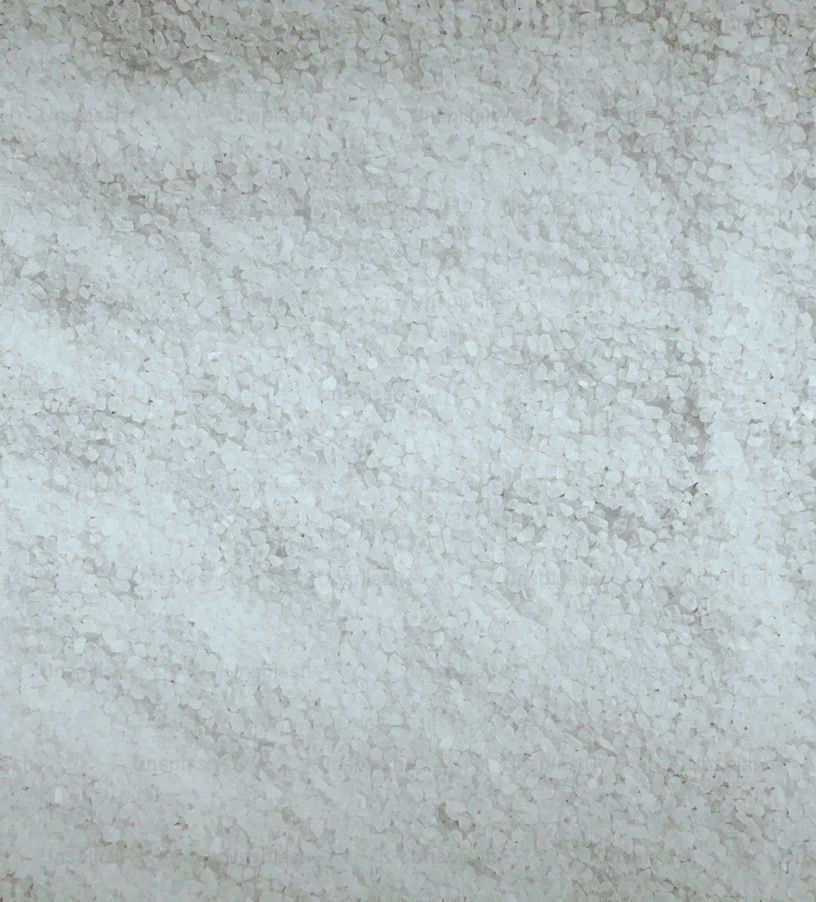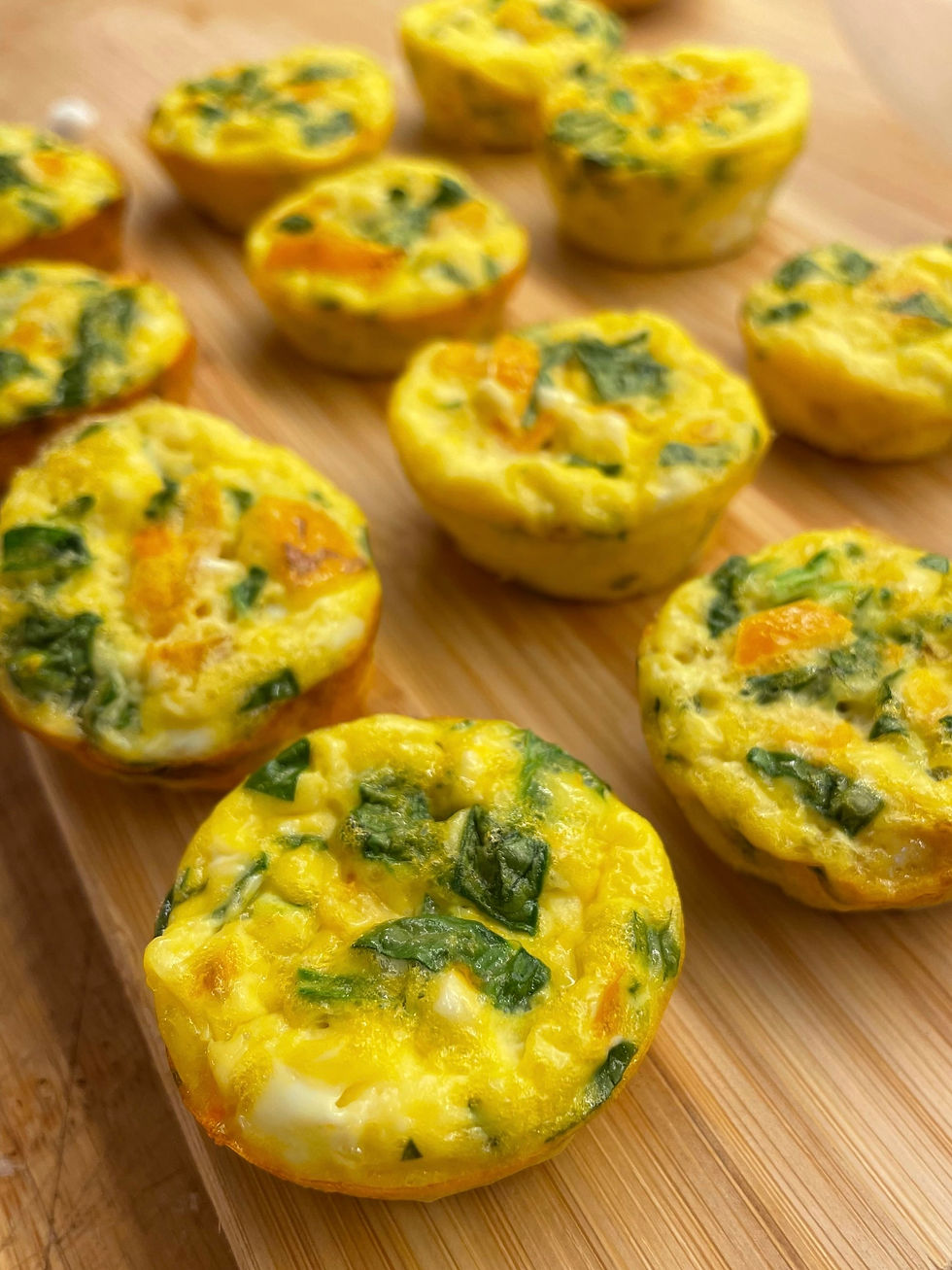Can babies have salt/sodium?
- Verena Stark
- Jul 14, 2023
- 2 min read

We probably all have heard that we shouldn't add extra salt to baby food. But how much is too much, and what are the risks?
Overall, too much salt will not become an issue if your baby has some food from your plate with salt or just a little sauerkraut or seaweed.
But foods high in sodium should not be offered to a baby regularly, although there is not a lot of research around why sodium should be restricted.
The most common reasons that have been given are babies' still developing kidneys that can not process salt that well. And the long term, it can result in high blood pressure.
The current guidelines in the US recommend the following:
Babies should not consume more than 370 milligrams of sodium per day.
As a rough guide:
1 teaspoon salt = 2,300 mg sodium
When looking at these guidelines, we must consider that breastmilk/formula already contains sodium. This also shows us that babies' kidneys are designed to handle small amounts of sodium, which is important for their electrolyte balance.
So overall, stick to natural whole foods for your baby (as much homemade as possible) without adding additional salt, so you do not have to start thinking about if your baby is getting too much salt. When BLW, I recommend seasoning the meals after you have offered the food to your baby. But again - a little salt from your plate will not be an issue for your baby.
Processed foods are shown to be the biggest concern regarding babies' and kids' sodium intake.
Some foods to be mindful to include for babies within the first year are:
- Cheese
- Canned beans
- Cured meats | deli meats (bacon, ham, sausages,...)
- Sauces, dressings
- Packaged snacks/foods
- Stock cubes
- Canned soups
So if you primarily make your food from scratch, you do not have to be concerned.




Comments